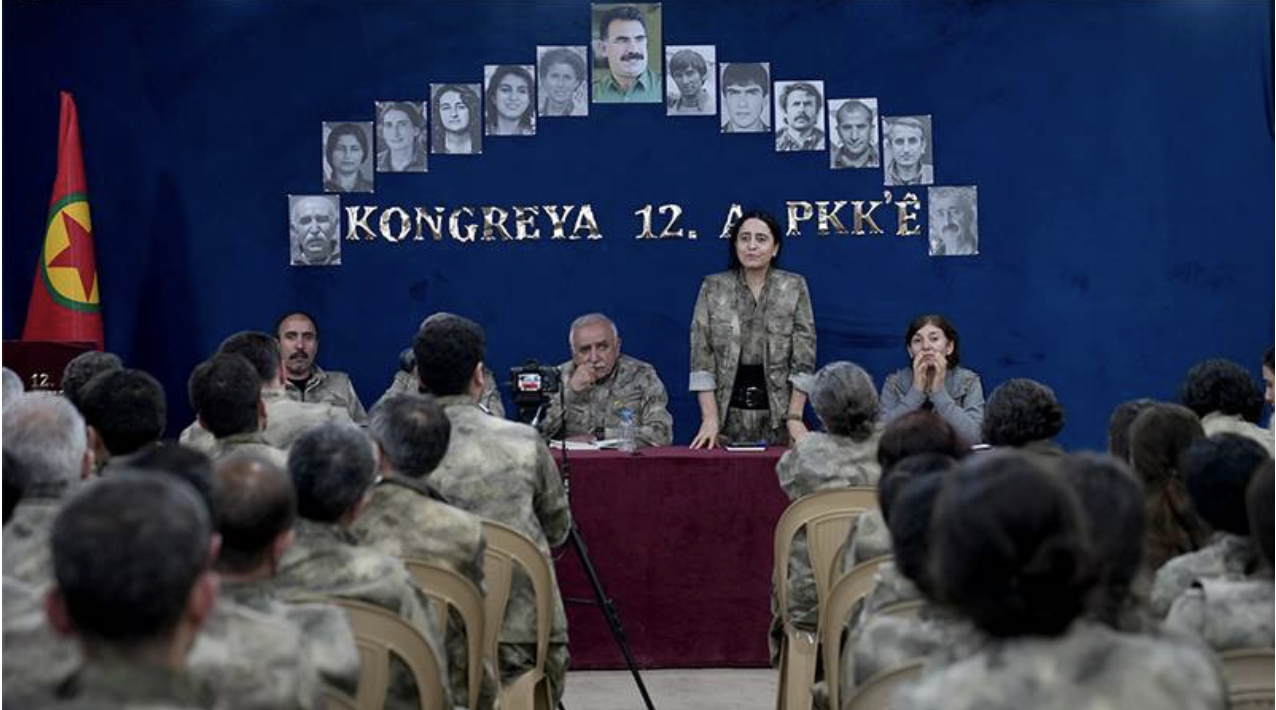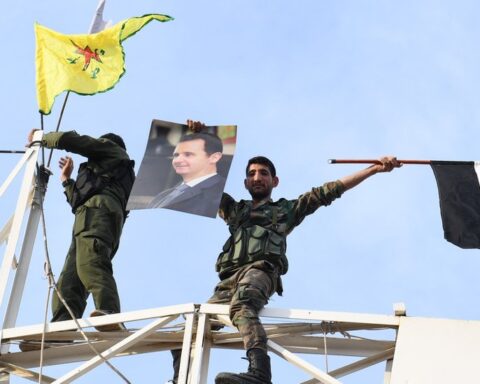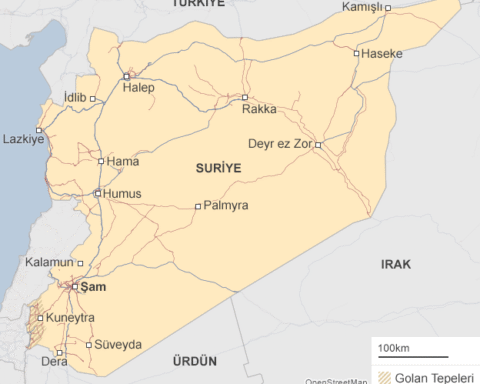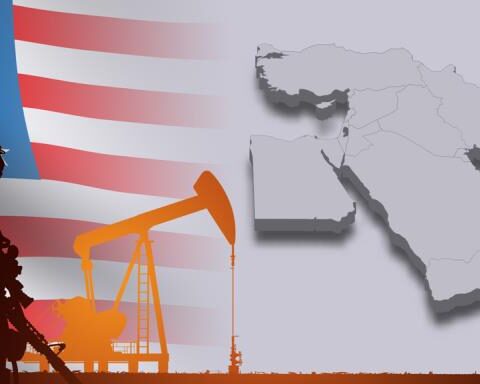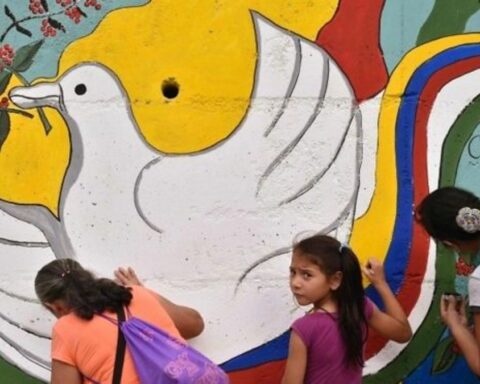Waking up to a day without news of conflict on television. This is the deepest desire of millions living on these lands. We were born, grew up, and aged within a spiral of violence spanning over 40 years. Children grew up amidst clashes, mothers mourned the loss of their children, cities fell silent. Every spring began with new hope, every autumn closed with darkness. And now, the sentence we’ve hidden deep in our hearts for years may finally come to life: “The PKK is laying down its arms.”
This sentence is not just an organization silencing its guns, but also a deep breath for millions of people living in our country and for the country itself. It’s not just the silence of weapons; it’s clinging of mothers, fathers, youth, and children to life once more. Despite many previous attempts, perhaps for the first time we will succeed, and we’ll freely speak of peace, democracy, freedom, and equal citizenship. We will unite for the democratic transformation of the state. In a space where excuses no longer exist, we will speak of rights, freedoms, security, and justice.
We Have Hope
We all know how the process reached this stage. Still, to recall: the “Terror-Free Türkiye” process, which started with Devlet Bahçeli’s call and President Erdoğan’s approval and support, evolved into a different stage with Öcalan’s February 27 call and entered a new phase with the PKK’s declaration that “we are dissolving the organization and laying down our weapons.”
This is a valuable and historic decision for Türkiye, for the regional countries, and for all peoples living in our geography. Despite this decision, we know there are still concerns and worries. Because the organization’s use of the transformation strategies it has implemented so far as a ‘survival method’ creates legitimate grounds for suspicion for many actors. That’s why I had originally titled this article “PKK’s Decision to Lay Down Arms: A Historic Threshold or a New Tactic?” Yet even if the declared decision stems from various tactical considerations, we still have hope. We’ve seen that peace is possible. Our hopes for the democratic transformation of the state, getting rid of the negativities caused by terrorism, solving our problems through democratic and political means, and civil politics being the main determinant, have increased.
To Write History or to Repeat It?
In fact, the issue is largely in the answer to the question, “To write history or to repeat it?” Abdullah Öcalan’s call for disarmament and the organization’s positive response, leading to its disarmament decision, undoubtedly marks a historic moment for Türkiye, the region, its peoples, global security, and civil politics. Of course, such developments gain meaning not just through written statements, but through actions in the field. The organization has repeatedly shown its ability to adapt and survive through transformation. While this creates legitimate caution among the public and decision-makers, the decision to dissolve remains significant.
There will be many asking, “Is this truly disarmament, or is it a new strategy masked by structural change?” But let it not be forgotten that it is clear what to do in such a situation. But our aim, goal and hope is to write history, not to watch it repeat itself. The citizens of this country know best what it means for the guns to fall silent. They understand that this process is not just about disarmament, but a shared process of democratic reconstruction. We all know the consequences of removing arms from the equation and empowering free, civil politics.
In the PKK’s transformation memory, there is the continuation of a stable core beneath the ideological shell. However, the following words from the latest statement are on our minds: “Respect for identities, freedom to express themselves, democratic organization, and the socio-economic and political structures that all segments base themselves on are only possible with the existence of a democratic society and political sphere. The second century of the Republic can only attain lasting and brotherly continuity when crowned with democracy. There is no non-democratic path for systemic pursuits and implementation. There cannot be. Democratic compromise is the fundamental method.”
Let us follow the course of the decision made by the organization. But let us also keep in mind the organization’s capacity for transformation. We all know that the PKK, founded in 1978 as a classic Marxist-Leninist structure, began to show ideological flexibility in the 1990s. With the collapse of the Soviet Union and the Cold War paradigm, it blended its “national liberation war” discourse with ethno-cultural rights demands. After 1999, it constructed a new ideological language with concepts such as “Democratic Confederalism,” “Democratic Nation,” and “Self-Governance.”
Everyone is aware of the organization’s ability to change. We should interpret Öcalan’s call and Kandil’s acceptance of this call as the most advanced stage of the transformations the organization has experienced. The goal is to lay down arms and enter the political struggle. Yes, past disappointments urge caution. But the past also taught us how valuable a weapon-free atmosphere is. This time, let us shoulder not the burden of the past, but the hope of the future. But let us reserve the strategic doubt of “transformation or displacement?”
A New Breath
We need to put the above mentioned things in the back of our minds and focus on today. What is clear is this: Silencing the guns does not only mean ending the conflicts, but it is also peace of country with itself again, opening the way for the state to belong to all its citizens and for the nation to take over the state with all its components. The most fundamental truth forgotten in the midst of decades of violence is that everyone living on this land is a citizen of the same country under the same sky. A political climate free of terrorism can establish a democratic and egalitarian order where identities are not suppressed but embraced. It can create a language of coexistence, not othering.
The silence of guns paves the way for civil politics. Because when the guns fall silent, words gain value, democratic politics grows stronger, legitimate demands are voiced openly, representation diversifies, empathy and common sense flourish. A terror-free environment nurtures not just hearts, but the land itself. Laying down arms, ending illegality entirely, and transforming into democratic, transparent organization will breathe new life into cities that have long been deprived of investment for many reasons. All sectors begin to reawaken. As the weakened organization declares an end to terrorist attacks, young people will begin to seek their future in workshops, university lecture halls, schools, and workplaces.
A terror-free environment also holds the power to transform the state. A vision of a state that not only provides security but also distributes justice; that protects not only borders but also belonging and affiliation, emerges. This climate offers an opportunity to redefine constitutional citizenship. A peaceful resolution process also strengthens the country’s position internationally and can open new chapters in foreign relations. Dialogue with neighboring countries can increase. A country that finds peace within can also be a bearer of peace and stability abroad. Above all, this climate carries genuine hope: it offers a unique opportunity not just for shared suffering, but for shared hope.
It will not be easy. Decades of ‘blood’, ‘hatred’ and resentment will not be wiped easily. Distrust will test our patience. Provocations, vicious forces, old reflexes will lie in wait. Yet still, the possibility of weapons being absent is stronger than the reality of terrorism. Because a terror-free atmosphere is not just a decision, but the beginning of a voluntary process that must be rebuilt each day. Yes, this is not the end. It may actually be the start of the real journey. Because where the guns are silenced, conversations grow, tongues loosen, and hearts become lighter. We are in a state of mind where we desperately need to learn each other’s language, listen to each other’s story, and understand each other’s pain.
We must build a country without terrorism, where democratic processes function, and equal citizenship is a fundamental principle, not just for ourselves, but for future children whose names we don’t even know yet. Perhaps today, we only take a small step; perhaps this path will be long and rough. But we know that one morning we will truly awaken, and on that day, this country will be a different country. On the first morning of that new country, even just saying “hello” to each other will be enough. Because on that day, everyone’s language will be heard, everyone’s identity will be a matter not of security, but of freedom, and on that day, this land will hear not the sound of silence, but the sound of hope.
Yes, in the words of Francis Bacon: “If you are running on the wrong road, the faster and better you are, the further you’ll go in the wrong direction.” We hope and wish that no one will continue to run on the wrong path and will choose to meet on the right dirention.

